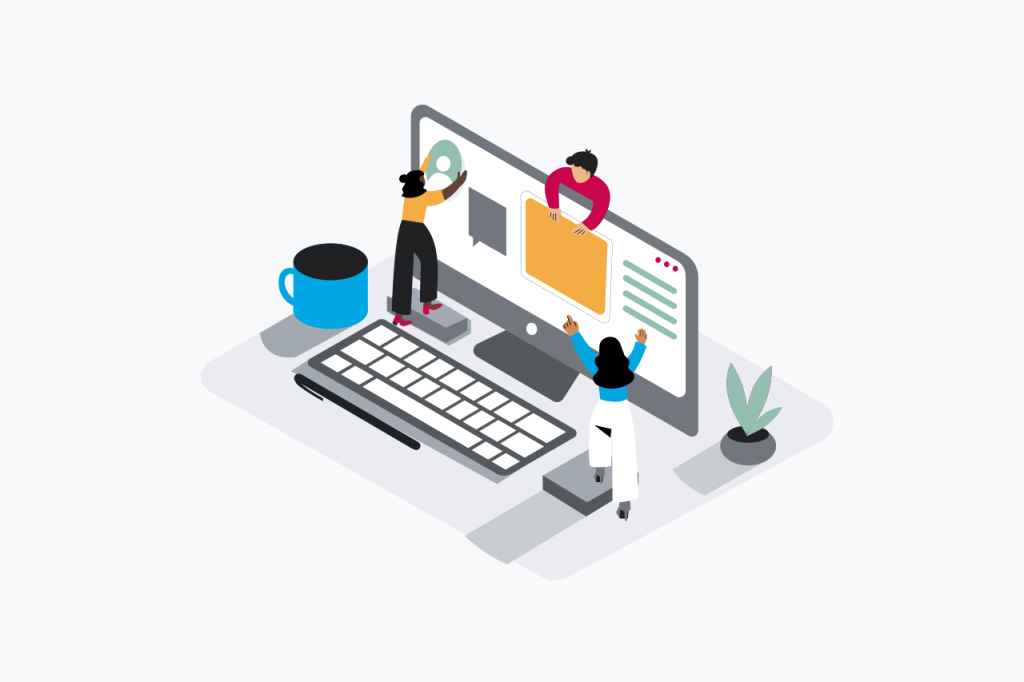
On Friday, 11 December and Saturday, 12 December, closing ceremonies in Bolivia, Morocco, and the Philippines will mark the conclusion of the Wikimedia Foundation’s flagship teacher training program, “Reading Wikipedia in the Classroom.”
The program is a new pilot project that helps teachers understand and leverage Wikipedia’s educational value. Through a localized set of tools and professional training opportunities, the project helps both educators and students to develop vital media and information literacy skills for the 21st century.
Two hundred teachers in Bolivia and Morocco and upwards of 700 teachers in the Philippines received 36 hours of training led by the Wikimedia Foundation Education Team in partnership with Wikimedistas de Bolivia, Wikimedia MA UG, the PhilWiki Community User Group, and the Pasay City School District. The high level of participation in the pilot program is particularly notable given the unique and stressful demands teachers faced amid the COVID-19 pandemic.
It is no secret that while teachers often use Wikipedia for their own research, they discourage students from using it in the classroom. This comes from an incorrect assumption that, because anyone can edit the website, the bulk of information on Wikipedia is unreliable. The result is a missed opportunity to use Wikipedia to help students understand how information is produced, what makes it reliable, and how to evaluate information they find online. By teaching students about Wikipedia and equipping them to use it appropriately, teachers can put the world’s knowledge at their students’ fingertips. This is what the Reading Wikipedia in the Classroom training program set out to do.
Throughout the course of 12 weeks, teachers in the three countries participated in live webinars and asynchronous discussions as they explored how Wikipedia works, the importance of teaching information literacy across the curriculum, and how the Wikimedia community is working to close knowledge gaps. By the end of the training, teachers’ perception of the educational value of Wikipedia evolved, and they were able to incorporate it into their lesson plans.
Upon submitting their final assignment, one teacher from Morocco shared, “I was able to change my view of Wikipedia and I will make it a source that I will return to in preparing my lessons.”
Another teacher from the Philippines noted, “I never thought that it would be possible to get quality training and seminars through virtual learning during the pandemic. Wikipedia has opened me up to a new avenue of learning, challenges (since we are encouraged to make an article or edit), and room to grow outside of my profession. Thank you Wikipedia!”
For a teacher in Bolivia, this program showed him “a different side of Wikipedia. Now I understand the dynamics of editing, the information Wikipedia can provide us, and how us teachers can contribute to collective knowledge”.
After evaluating the pilot training in these three countries, the Education Team will share all the related resources under open licenses, in addition to exploring the possibility of a trainer certification program to help reach even more educators worldwide.
Are you interested in being part of future training programs? Learn more about the program here, subscribe to the monthly newsletter, and follow @WikimediaEdu on Twitter.
Nichole Saad is the Senior Manager for Education at the Wikimedia Foundation.

Can you help us translate this article?
In order for this article to reach as many people as possible we would like your help. Can you translate this article to get the message out?
Start translation